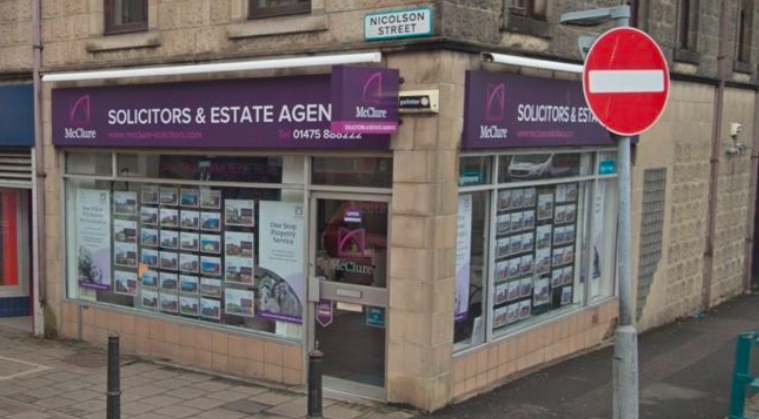The collapse of McClure Solicitors, a historic legal firm that had offices across Scotland and the north of England, has left thousands of clients in a legal limbo. Many of them are facing difficulties in selling their properties, paying care home fees, or accessing their trusts.
McClure Solicitors: A Brief History
McClure Solicitors was founded in Greenock in 1853 and had a long history of providing legal services to clients across Britain. The firm specialised in wills, trusts, estate planning, and power of attorney. It also partnered with several charities, such as Maggie’s, Marie Curie, and Alzheimer’s Society, to offer free will writing and legacy giving.
However, in April 2021, the firm went into administration due to financial difficulties and was bought by another legal practice, Jones Whyte LLP. All 84 partners and staff from McClure transferred to Jones Whyte with immediate effect.
The Impact of the Collapse on Clients
The collapse of McClure Solicitors has had a devastating impact on many of its clients, who are now facing legal challenges and uncertainties. Some of the issues that have emerged are:

- Property trusts: Some clients had put their properties into trusts with McClure, believing that it would protect them from care home fees or inheritance tax. However, after the collapse, they found out that McClure solicitors were still named as trustees on their properties, meaning that they legally did not own them and could not sell them. To resolve this issue, they would have to pay Jones Whyte or another law firm to review their trusts and remove McClure as trustees, which could cost thousands of pounds.
- Care home fees: Some clients who had put their properties into trusts with McClure were told by their local councils that they would not pay for their care home fees, as they considered the trusts to be a “sham” or a “deprivation of assets”. This meant that they had to pay for their care home fees out of their own pockets, which could amount to tens of thousands of pounds per year.
- Access to trusts: Some clients who had set up trusts with McClure to safeguard their assets for their beneficiaries were unable to access their trusts after the collapse, as they did not have the necessary documents or contact details of the trustees. This left them in a state of limbo, as they could not withdraw money from their trusts or make any changes to them.
The Response from the Authorities and the Law Firms
The Solicitors Regulation Authority (SRA), the regulatory body for solicitors in England and Wales, said that it was “looking into complaints” about McClure Solicitors and that it had intervened to protect the interests of the clients. It also said that it had appointed an agent to deal with the files and papers of the firm.
Jones Whyte, the law firm that bought McClure Solicitors, said that it had inherited a “large number of complex and problematic files” from McClure and that it was working hard to resolve the issues for the clients. It also said that it had offered “substantial discounts” to the clients who needed to review their trusts or change their trustees.
However, some clients have expressed dissatisfaction with the way Jones Whyte has handled their cases, saying that they were charged high fees, given poor advice, or faced delays and errors.
The Campaign for Justice and Compensation
Some of the clients who have been affected by the collapse of McClure Solicitors have joined forces to form a campaign group, called McClure Victims, to seek justice and compensation. The group has launched a website, a Facebook page, and a petition, and has contacted several politicians and media outlets to raise awareness of their plight.
The group has also organised several public information events, with the support of Inverclyde MSP Stuart McMillan, to provide advice and support to the clients and to gather evidence for a potential legal action against McClure Solicitors, Jones Whyte, or the SRA.
The group said that it wanted to “hold those responsible to account” and to “ensure that this never happens again to anyone else”.


















